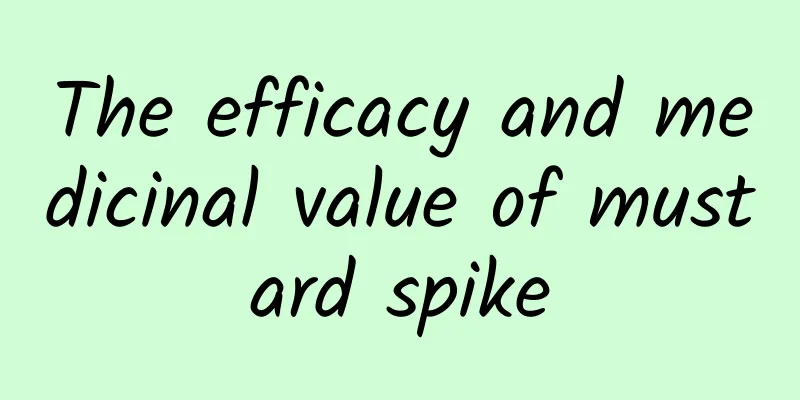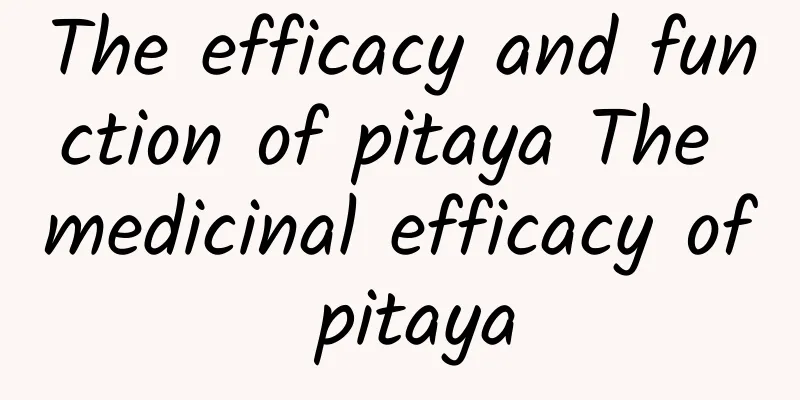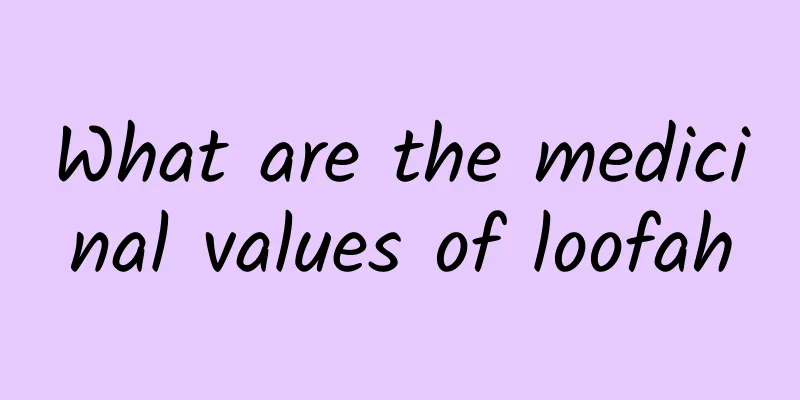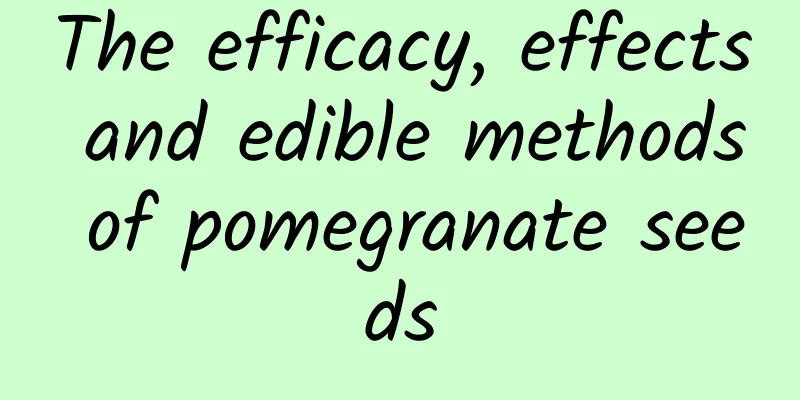What is the Graffiti Research Society like? Graffiti Research Society reviews and website information
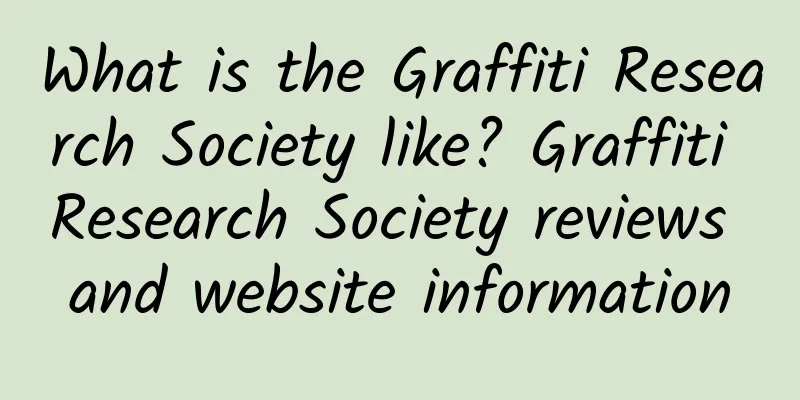
|
What is the Graffiti Research Association website? The Graffiti Research Association (Institut für Graffitiforschung) is a research association formed by graffiti artists from Germany, Austria and Switzerland. It aims to promote street graffiti art, promote and organize legal street graffiti, and provide graffiti business and course training. Website: www.graffitieuropa.org The Institute for the Study of Graffiti (Institut für Graffitiforschung) is a non-profit organization dedicated to promoting street graffiti art, promoting the legalization of graffiti and providing relevant training. The association was founded by a group of graffiti artists from Germany, Austria and Switzerland. Its goal is to promote the development and recognition of street graffiti culture through art, education and community participation. The official website of the Institute for the Study of Graffiti (www.graffitieuropa.org) is not only an information platform, but also a bridge connecting artists, enthusiasts and the community. Mission and Vision of the Graffiti Research AssociationThe core mission of the Graffiti Research Association is to promote the development of street graffiti art through research and practice, and to fight for its legal status in society. The association's vision is to make graffiti art a widely recognized art form, not just a street culture or "destructive behavior." To achieve this goal, the association strives to change people's stereotypes about graffiti by organizing exhibitions, seminars, training courses, and cooperating with governments, businesses, and communities. The origin and development of graffiti artGraffiti art originated in New York, USA in the late 1960s, and initially emerged as an underground cultural phenomenon. Young people at the time expressed their dissatisfaction and creativity by painting graffiti on subway cars and buildings. Over time, graffiti gradually developed into an art form with unique aesthetics and social significance. Today, graffiti art has spread all over the world and has become an important part of urban culture. However, the development of graffiti art has not been smooth sailing. Due to its illegality and occupation of public space, graffiti artists often face legal risks and social exclusion. The Graffiti Research Association was established to address these issues and create a better creative environment for graffiti artists through legalization and education. Main activities of the Graffiti Research AssociationThe Graffiti Research Association promotes graffiti art through various activities. The following are its main areas of activity: 1. Graffiti Art ExhibitionThe association regularly organizes graffiti art exhibitions to showcase outstanding graffiti works from all over the world. These exhibitions not only provide a platform for artists to showcase their talents, but also give the public the opportunity to appreciate the charm of graffiti art up close. Through the exhibitions, the association hopes to break people's prejudice against graffiti and promote it as a serious art form. 2. Graffiti training and workshopsThe Graffiti Research Association offers a variety of training courses and workshops, covering all levels from basic techniques to advanced creations. These courses are not only for experienced artists, but also for beginners and those who are interested in graffiti art. Through systematic training, the association hopes to cultivate more graffiti art talents and promote the innovation and development of this art form. 3. Arts and community projectsThe association actively cooperates with the community to carry out various public art projects. These projects not only beautify the urban environment, but also provide community residents with opportunities to participate in artistic creation. By integrating graffiti art into community life, the association hopes to enhance the public's recognition of graffiti art and promote the harmonious development of society. 4. Research and academic exchangesThe Graffiti Research Association is also committed to the academic research of graffiti art, exploring the history, theory and social impact of graffiti art through publishing journals and holding seminars. The association cooperates with many universities and research institutions to promote the recognition and research of graffiti art in the academic community. The legalization and challenges of graffiti artGraffiti art has long been considered an illegal act, and many countries and cities have taken severe measures to crack down on graffiti. However, as the cultural value of graffiti art has gradually been recognized, more and more cities have begun to try to legalize it. The Graffiti Research Association has played an important role in this process, through communication and cooperation with government departments, to strive for legal creative space for graffiti artists. The significance of legalizationThe legalization of graffiti art not only helps protect the rights of artists, but also adds vitality to urban culture. Through legalization, graffiti artists can create in designated areas without worrying about legal risks. This not only provides artists with more creative opportunities, but also allows the public to appreciate more high-quality graffiti works. The challenge of legalizationAlthough legalization has brought many positive changes, the process also faces many challenges. First, how to define legal and illegal graffiti remains a difficult problem. Second, legalization requires the joint efforts of the government, businesses, and communities, which requires investment of time and resources. In addition, some members of the public have limited acceptance of graffiti art, which also brings resistance to legalization. The social value of graffiti artGraffiti art is not only a form of visual art, but also has important social value. The following are several major roles of graffiti art in contemporary society: 1. Freedom of expression and critical spiritGraffiti art provides artists with a way to express freedom and critical spirit. Through graffiti, artists can express their views on social issues, political events and cultural phenomena. This form of expression is not only direct and powerful, but also can trigger public thinking and discussion. 2. Beautify the urban environmentGraffiti art can add color and vitality to the urban environment. By transforming monotonous walls and buildings into works of art, graffiti art not only beautifies the urban landscape, but also improves the quality of life of residents. Many cities have used graffiti art as a means of urban renewal and have achieved remarkable results. 3. Promote social integrationGraffiti art is inclusive and diverse, and can attract people from different backgrounds to participate. Through graffiti art, community members can participate in the creation together and enhance mutual understanding and trust. This art form not only helps to break down social barriers, but also promotes social harmony and integration. Future prospects for the Graffiti Research AssociationThe Graffiti Research Association will continue to promote the development and recognition of graffiti art in the future. The following are the major directions for the association's future development: 1. Expand international influenceThe association plans to expand its international influence by cooperating with graffiti organizations in other countries and regions. Through cross-border exchanges and cooperation, the association hopes to promote the development of graffiti art around the world. 2. Strengthen education and trainingThe association will further strengthen the education and training of graffiti art, and provide more artists and enthusiasts with opportunities to learn and grow. Through systematic training, the association hopes to cultivate a group of graffiti artists with international influence and promote the innovation and development of this art form. 3. Promote policy reformThe association will continue to work with government departments to promote the legalization of graffiti art and policy reforms. By formulating more open and inclusive policies, the association hopes to create a better creative environment for graffiti artists. 4. Promote public participationThe association plans to promote public participation and recognition of graffiti art through more public art projects and community activities. By allowing more people to understand and experience graffiti art, the association hopes to change the public's stereotype of graffiti and promote social recognition of this art form. ConclusionAs an organization dedicated to promoting graffiti art, the Graffiti Research Association has built a bridge between graffiti artists and all walks of life through exhibitions, training, research and community projects. In the future, the association will continue to work hard to promote the development and recognition of graffiti art, so that this vibrant and creative art form can shine around the world. If you are interested in graffiti art, you may wish to visit the official website of the Graffiti Research Association (www.graffitieuropa.org) to learn more information and participate in this exciting art movement. |
<<: What is Antigua Observer like? Antigua Observer review and website information
>>: What is Lee Min Ho like? Lee Min Ho reviews and website information
Recommend
Nutritional value of Xinjiang red grapes
Due to the local climate, Xinjiang is particularl...
The benefits of eating fresh walnuts
Everyone must have eaten walnuts, but do you know...
Several ways to cook green beans, how to make green beans delicious
I usually like to eat green beans. I heard that g...
How to choose rambutan? How to choose the best rambutan
Rambutan is a tropical fruit. Many people describ...
Can fish be cooked with mushrooms? Can fish be stewed with mushrooms?
Fish is a kind of non-vegetarian dish that we oft...
Burdock porridge
Burdock porridge has a good effect in reducing swe...
The efficacy and function of Wasson
Sedum is a plant of the Crassulaceae family, Sedu...
How to pickle spicy cabbage Latest spicy cabbage pickling steps tutorial
Spicy cabbage is a food that many people like to ...
Coconut Milk Dragon Fruit Sago
Everyone knows that dragon fruit is a delicious f...
What is GreatCall like? GreatCall review and website information
What is GreatCall? GreatCall is an American mobile...
What to eat for nourishing in autumn? Recommended nourishing ingredients for autumn
Autumn is an ideal season for nourishing the body...
How to pickle bacon
In Hubei and Sichuan regions of China, there is a...
Benefits of red bean porridge
Do you still remember the effects of red bean porr...
What is Northwestern Mutual Life Insurance Company like? Northwestern Mutual Life Insurance Company reviews and website information
What is the website of Northwestern Mutual Life In...
The efficacy and function of ghee and how to eat it
People may have heard of butter tea in Tibetan ar...
